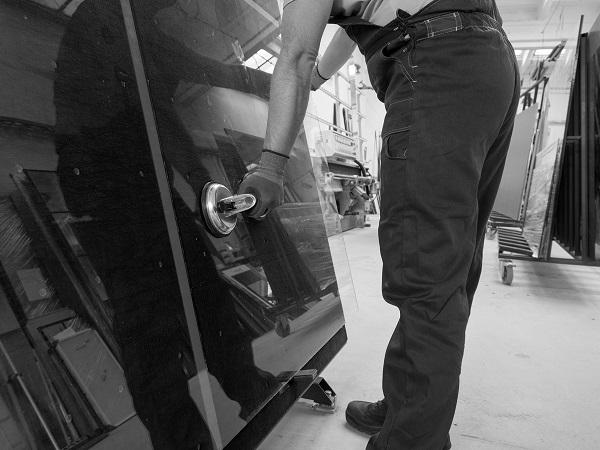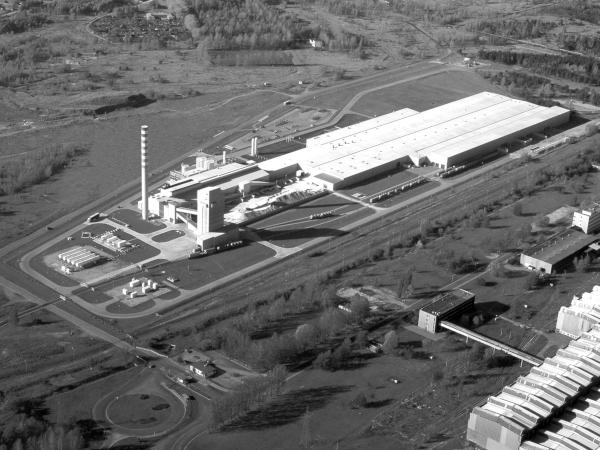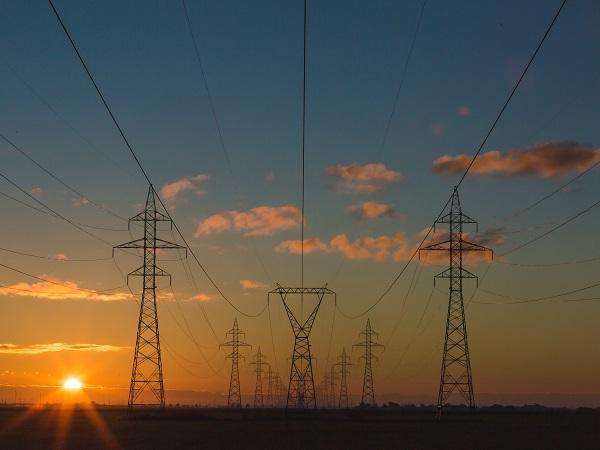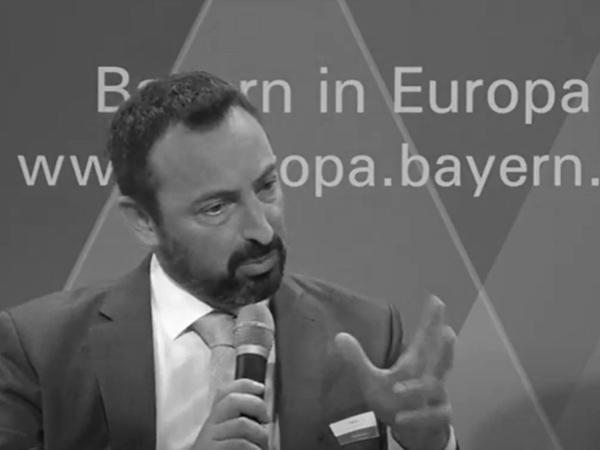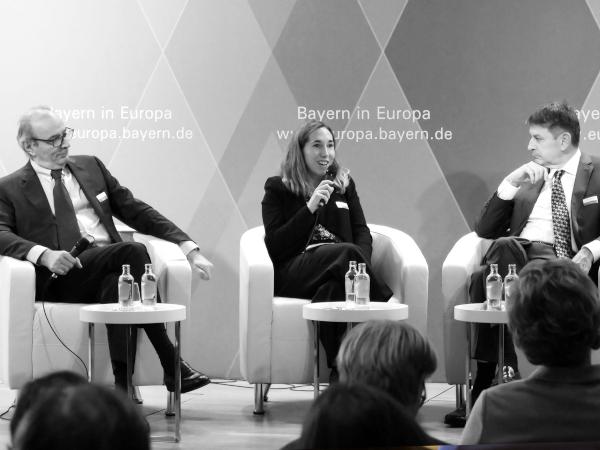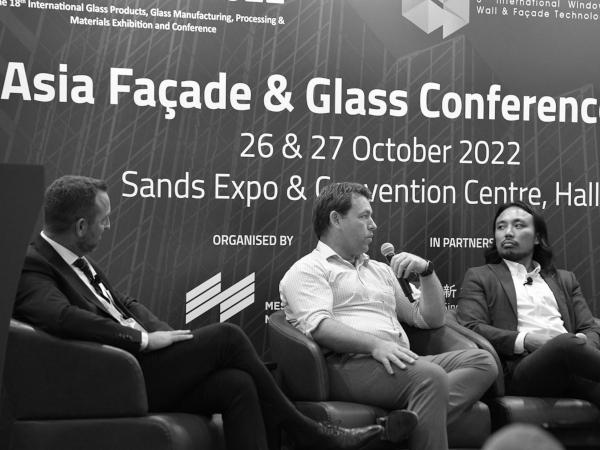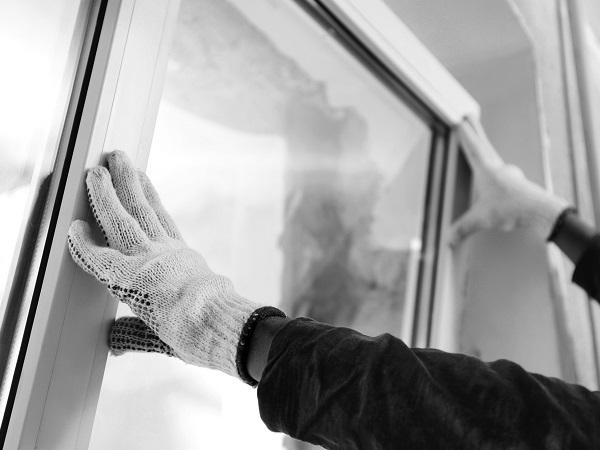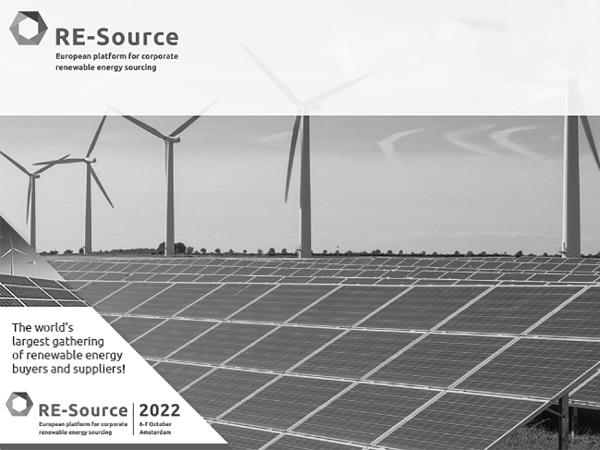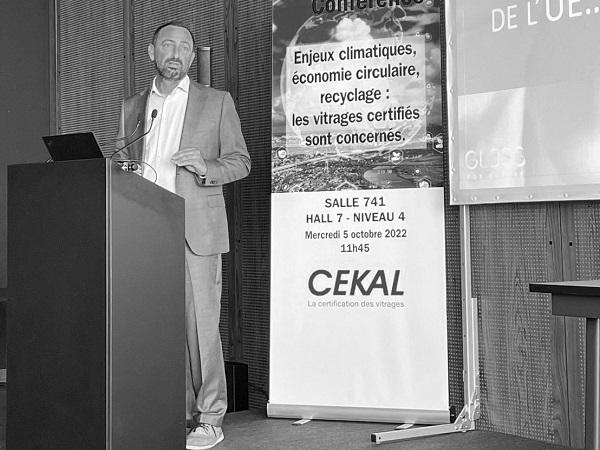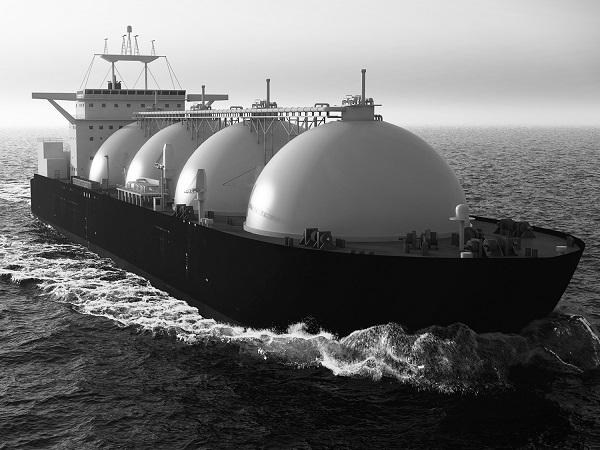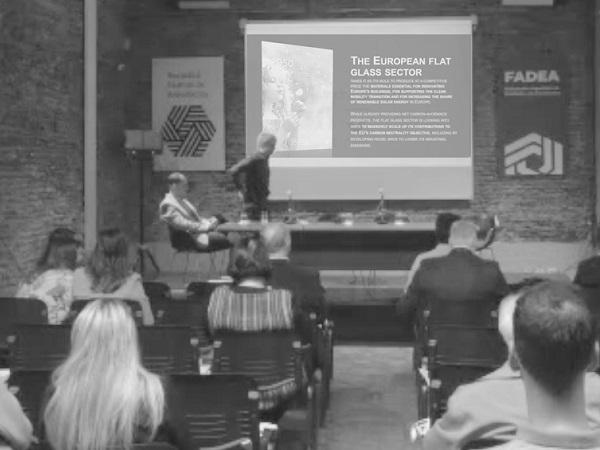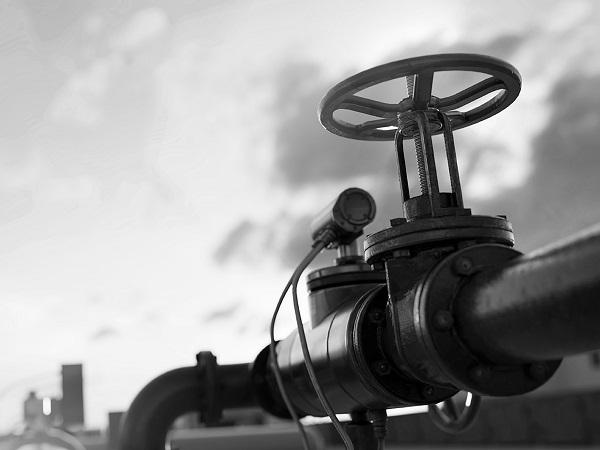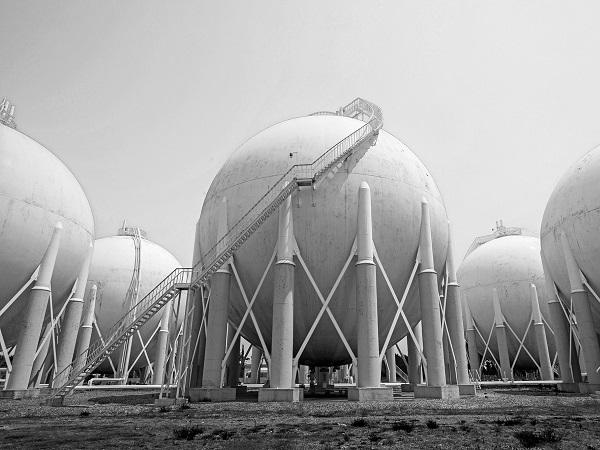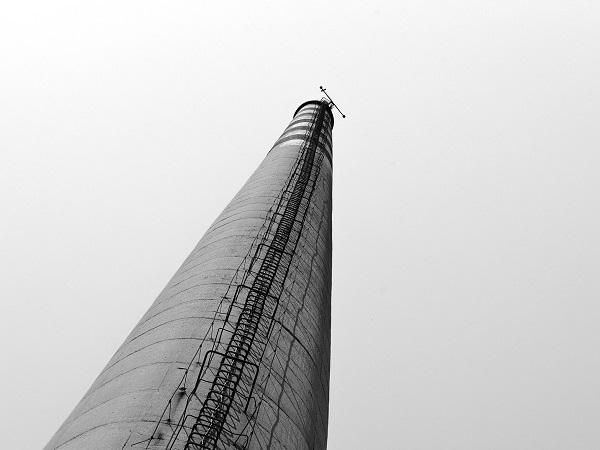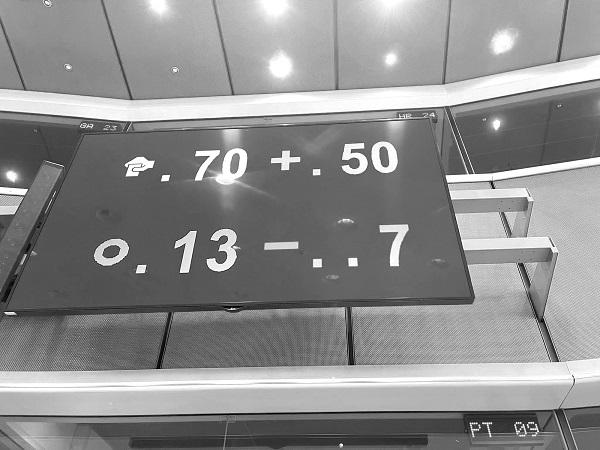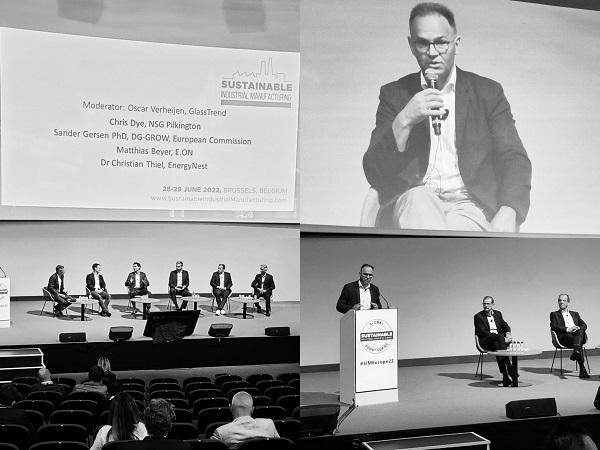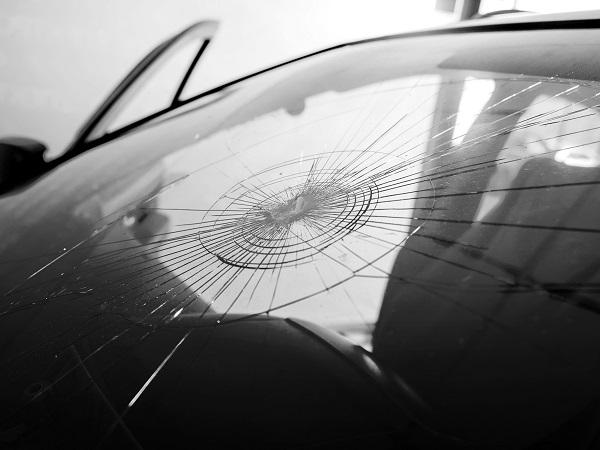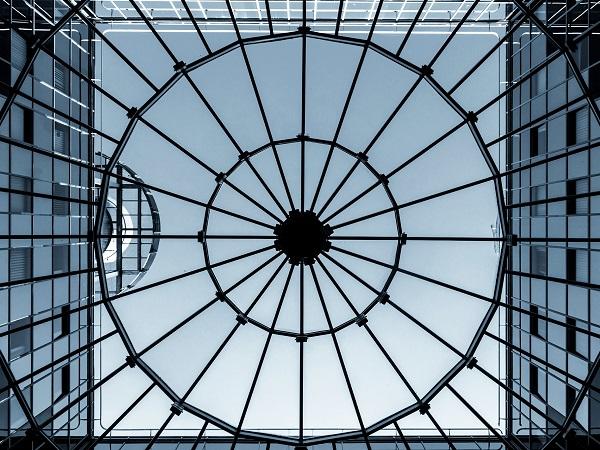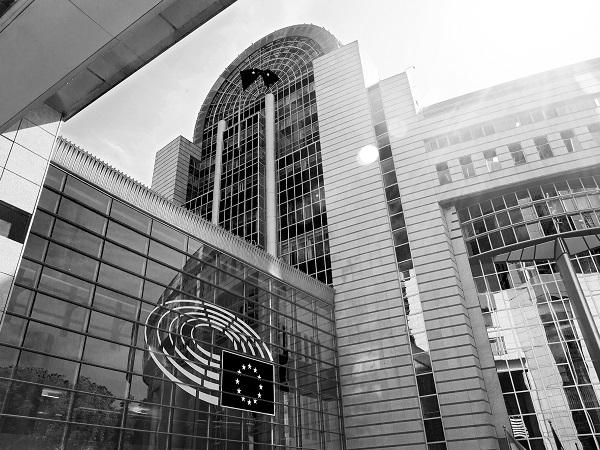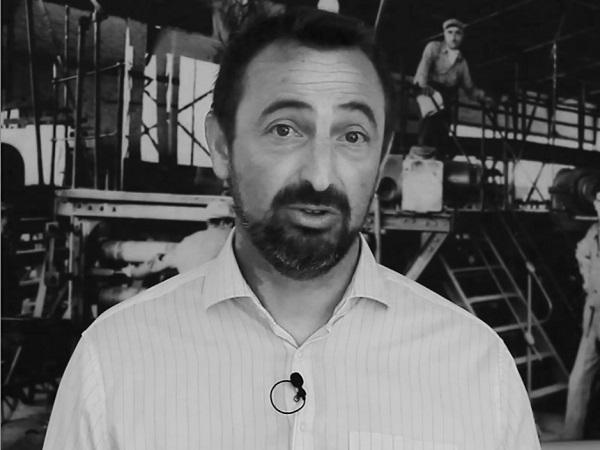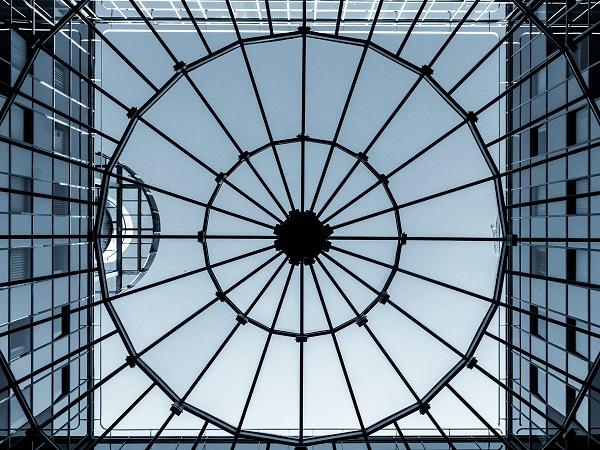Others also read
The recognition of the CE marking for construction products in the UK will be extended for a further 2.5 years. The new deadline is therefore set for 30 June 2025.
The second Glass for Europe annual meeting for glass and glazing national associations took place on 29 November.
The flat glass industry in the middle of a major industrial transformation process to reduce all emissions and this requires significant investments.
Today’s energy prices are an existential threat for the future of Europe’s glass industry.
Glass for Europe wants to share 3 reflections from the flat glass industry ahead of upcoming the extraordinary meeting of EU energy ministers in Brussels.
The United Nations designated 2022 as the International Year of Glass, the first time a man-made material was chosen for worldwide attention.
Glass Alliance Europe renews its call for urgent and decisive actions at EU and national levels to support the glass industry.
Glass for Europe was in Singapore at Glasstech Asia to present the 2050 vision of the flat glass industry in a climate neutral Europe.
Minimum Energy Performance Standards (MEPS) have the potential to generate a significant shift in building renovation.
Glass for Europe is glad to announce a new partnership with RE-Source Platform.
Yesterday, Glass for Europe was in France to talk about the European Union climate policies at the CEKAL conference dedicated to certified glazing, climate issues, circular economy and recycling.
The European glass industry together with other energy intensive industries call on the EU institutions to urgently introduce EU-wide measures aimed at limiting the price of natural gas.
The event, held in the framework of the International Year of Glass, explored the new trends and the role played by glazing in designing a more sustainable built environment.
The geopolitical events at the borders of Europe are of high concerns to all of us seeking peace, security, and prosperity in Europe.
Glass for Europe have been active advocating the recognition of the specific need of continuous glass production and reacted to the Communication “Save Gas for a Safe Winter” with the joint press release below.
Glass for Europe lead the work on the paper released today by Glass Alliance Europe on the revision of the Industrial Emissions Directive (IED) and the recast of the European Pollutant Release and Transfer Register (E-PRTR).
The report on the recast Energy Efficiency Directive (EED) was adopted today by large majority in the Committee on Industry, Research and Energy (ITRE) of the European Parliament.
Today, the European flat glass association releases its recommendations on the revision of the Construction Products Regulation (CPR).
Flat glass manufacturers’ decarbonisation efforts under the spotlight at the Sustainable Industrial manufacturing conference.
Improving sorting and quality of the end-of-life automotive glass pieces could provide a new source of recycled glass for flat glass manufacturing.
Glass recycling can offer many environmental and economic benefits, provided a proper framework enables the collection and sorting of high-quality materials.
Glass for Europe reacted to today’s vote on the review of the Emissions Trading Scheme and the proposal for a Carbon Border Adjustment Mechanism with a video message from its Secretary General, Bertrand Cazes.
Glass for Europe calls on authorities to guarantee the uninterrupted supply of gas to glass manufacturing installations.
On May 5th 2022 Glass for Europe hosted its 2nd workshop on flat glass recycling.
On Friday 28 April, Bertrand Cazes, Secretary General of Glass for Europe, participated as a speaker to the 4th Innovative Glazing Global Summit.


